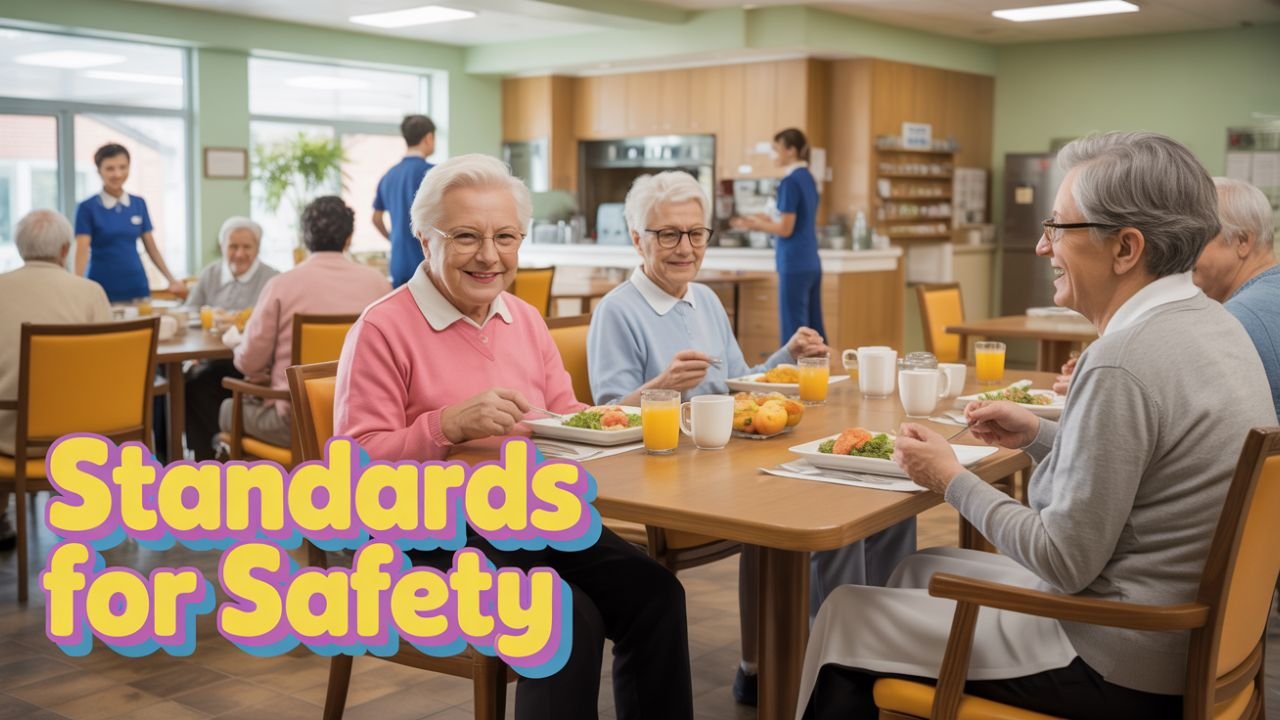The elderly are a vital segment of society, requiring the most care and protection in their final stages of life. To this end, many countries operate Elderly Waiver Programs under the Medicaid State Plan. These programs are administered by state agencies to ensure that older and functionally impaired individuals receive the necessary care and services.
What are Adult Day Centers?
Adult day centers are center-based facilities licensed directly by state agencies. These centers provide daytime services—for less than 24 hours—to adults who are physically or mentally impaired and require assistance with daily tasks. Because these services are provided in a non-residential environment, their purpose is not only to provide care but also to provide social interaction, mental activity, and a safe environment.
Responsibilities of State Agencies
State agencies are responsible for licensing these centers and monitoring their quality. The primary goal of the licensing process is to ensure that seniors receive a safe and healthy environment in these centers. This includes aspects such as health standards, cleanliness, staff qualifications, food quality, and the availability of emergency facilities.
Challenges Revealed by Recent Reports
Recent reports from the United States Office of Inspector General (OIG) have indicated that in some cases, senior care centers and other related facilities have failed to comply with established standards. Such instances have been particularly prevalent in child care facilities and adult foster care homes, where violations of health and safety standards were observed.
Why is adherence to health and safety standards important?
Senior residents often already suffer from various health problems. Failure to comply with required standards could further increase their risk. This is especially important when it comes to infection control. The COVID-19 pandemic has made it even more clear how crucial it is to follow infection prevention measures in such centers. Not only the coronavirus, but other infectious diseases can also pose a threat to the elderly.
The Need for Monitoring and Accountability
Transparency and accountability are crucial in the operation of adult day centers. Regular inspections and audits should be conducted at the state and federal levels to ensure that all centers are following regulations and guidelines. Furthermore, if violations are found in any center, prompt action should be taken.
The Role of Families and Society
Not only government agencies, but families and society also have a responsibility to monitor the functioning of these centers. If a family member is receiving services at these centers, the family should ensure that the center is following the required health and safety standards.
Conclusion
Geriatric care centers have become extremely necessary in today’s changing social circumstances. These centers not only provide a source of relief for working families but also a safe and active environment for the elderly. However, their true success can only be ensured if state agencies ensure rigorous monitoring, strict adherence to standards, and regular evaluation.
The elderly are society’s treasure; their protection and care is not only a government responsibility but also a moral duty. If adult day centers operate to high standards, not only will the lives of the elderly be comfortable and safe, but the culture of care and sensitivity in society will also be strengthened.
